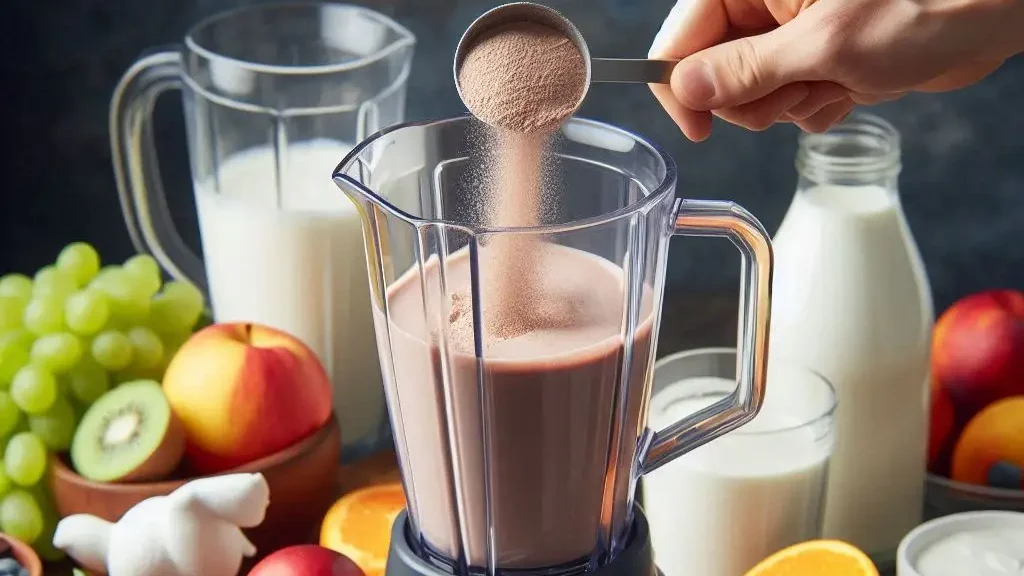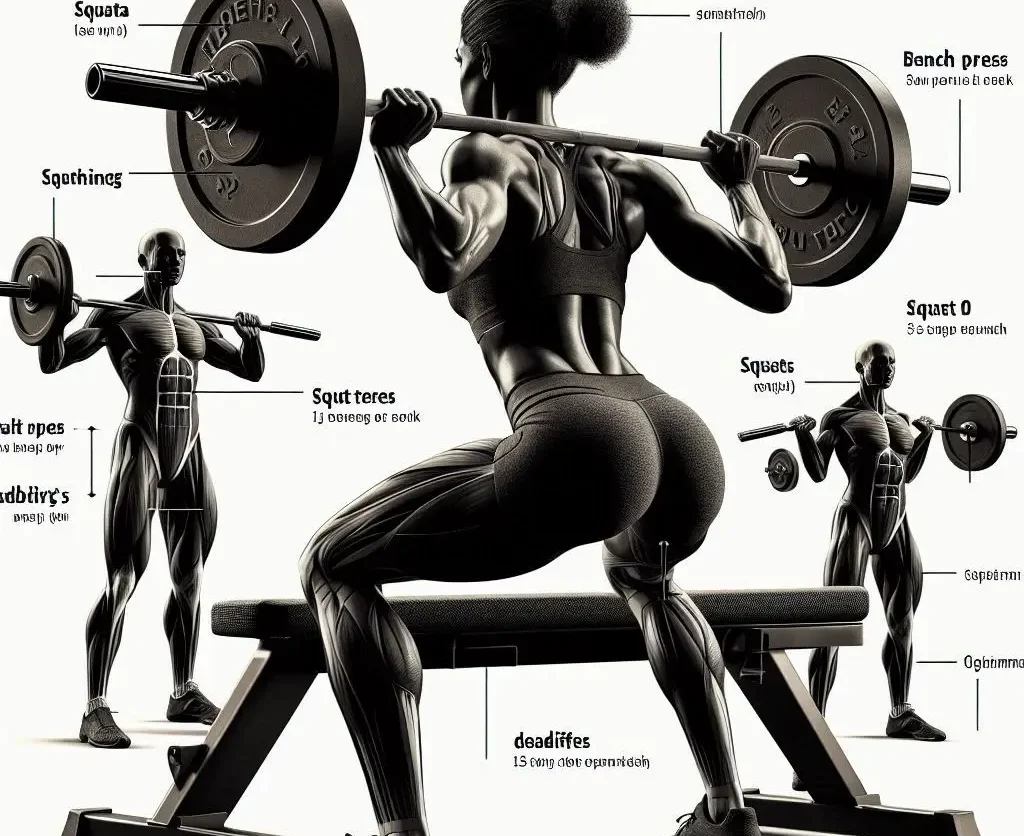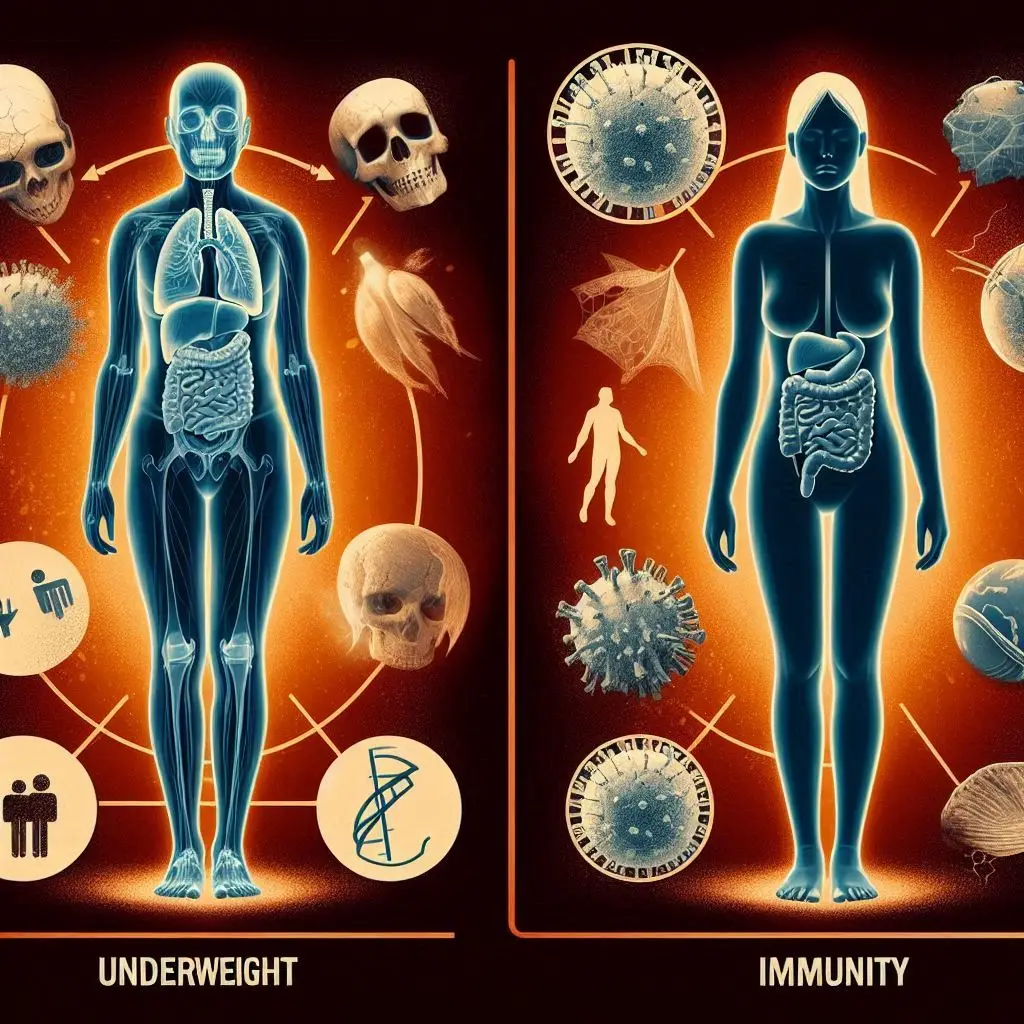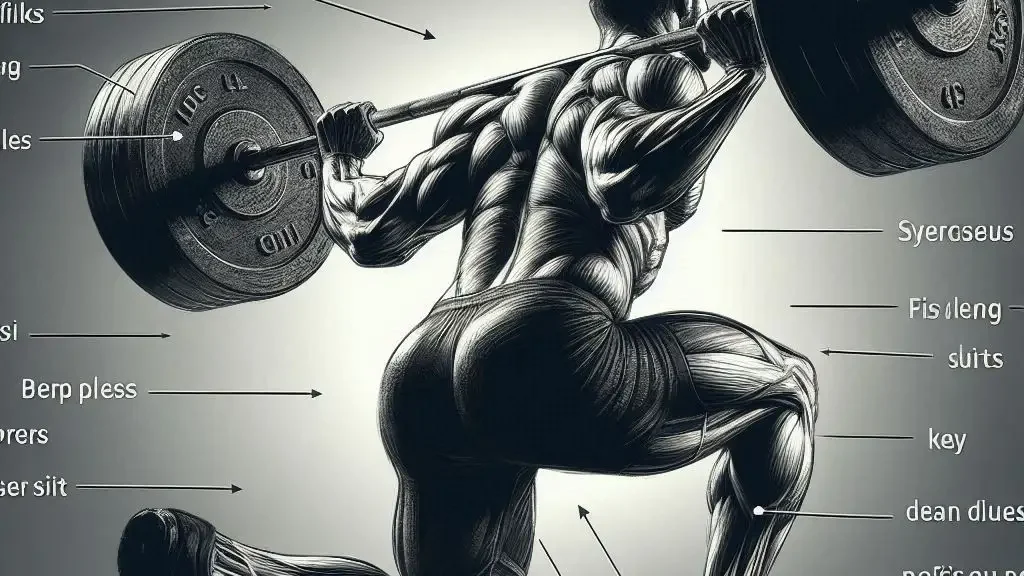Protein powder has become a buzzword in the health and fitness world, and if you’re trying to build muscle, lose weight, or just stay healthy, you’ve probably come across it. But what exactly is protein powder, and is it worth adding to your daily diet? Let’s break it down in a simple, easy-to-understand way.
What Is Protein Powder?
In its simplest form, protein powder is a powdered version of protein that can be added to shakes, smoothies, or even food. The protein can come from various sources like milk (whey or casein), eggs, soy, peas, or hemp. It’s designed to help people meet their daily protein needs more conveniently.

Why Do We Need Protein?
Protein is one of the three macronutrients your body needs to function properly (the other two are carbohydrates and fats). Protein is made up of amino acids, which are the building blocks of muscle, skin, hair, and pretty much everything in your body. Without enough protein, your body can’t repair muscle after a workout, produce important enzymes, or keep your immune system strong.
For people who work out or are trying to maintain a healthy weight, protein is essential. It helps repair muscles after exercise, promotes growth, and keeps you feeling full longer. That’s why protein powder is such a popular supplement – it makes getting enough protein easier, especially if you’re on the go.
Types of Protein Powders
There are different types of protein powders available, and each has its own benefits. Here’s a breakdown of the most common ones:
1. Whey Protein
Whey is the most popular type of protein powder. It comes from milk and is considered a “complete protein” because it contains all nine essential amino acids. It’s also easily absorbed by the body, making it a favorite among athletes and bodybuilders.
Advantages:
- High-quality, complete protein
- Absorbs quickly
- Great for muscle recovery
Disadvantages:
- Contains lactose, which can cause digestive issues for some people
- Often more expensive than other types of protein

2. Casein Protein
Casein is another protein that comes from milk, but it’s absorbed more slowly than whey. This makes it a good option for a nighttime protein shake since it provides a slow and steady release of amino acids to your muscles while you sleep.
Advantages:
- Slow-release protein, ideal for overnight recovery
- Can help you stay full longer
Disadvantages:
- Contains lactose
- Slower absorption makes it less ideal for post-workout
3. Plant-Based Protein
For those who are vegan or have dairy sensitivities, plant-based protein powders are a great alternative. They can be made from sources like peas, hemp, brown rice, or soy. While most plant-based proteins aren’t complete proteins, many products combine different sources to ensure you get all the essential amino acids.
Advantages:
- Great for vegans or those with dairy allergies
- Often easier to digest than whey or casein
Disadvantages:
- Some powders may have a gritty texture
- Often lower in protein per serving compared to whey

4. Egg Protein
Egg white protein powder is another option, especially for those looking for a dairy-free but high-quality protein. It’s made from the whites of eggs and is also a complete protein.
Advantages:
- High in protein, low in fat
- Complete protein with all essential amino acids
Disadvantages:
- Can be more expensive
- May have a strong eggy flavor
Benefits of Protein Powder
So, why would you consider using protein powder? There are several reasons why it can be helpful, especially if you’re trying to meet specific health or fitness goals.
1. Convenience
Let’s face it, most of us don’t have time to cook chicken breast or scramble eggs every few hours to hit our daily protein goals. Protein powder offers a quick and easy way to get more protein in your diet without much effort. Mix it with water, milk, or your favorite liquid, and you’ve got a protein-packed shake ready to go.
2. Weight Loss
Protein powder can help with weight loss in two major ways. First, it keeps you full longer, which can reduce snacking and overeating. Second, it helps maintain muscle mass while you’re in a calorie deficit, so you lose fat, not muscle.
3. Muscle Building
After a tough workout, your muscles need protein to repair and grow. Protein powder, especially fast-absorbing whey protein, helps provide the amino acids your muscles need to recover quickly. This can lead to faster muscle growth and improved strength.
4. Improved Recovery
Not just for bodybuilders – anyone can benefit from better recovery after exercise. Protein helps reduce muscle soreness and promotes faster healing after an intense workout, allowing you to get back to your routine faster.
5. Nutritional Support
If you struggle to get enough protein from whole foods, protein powder is a great supplement to fill in the gaps. This is especially useful for vegetarians, vegans, or those with dietary restrictions.

Downsides of Protein Powder
While protein powder has its perks, it’s not without some drawbacks. Here are a few things to consider before you start scooping:
1. Not a Whole Food
Protein powder is a processed supplement, and while it can be useful, it’s always better to get nutrients from whole foods. Whole foods provide vitamins, minerals, fiber, and other nutrients that are often lost in processing.
2. Overconsumption
It’s easy to overdo it with protein powder. Some people think that the more protein they consume, the better. But too much protein can strain your kidneys, lead to dehydration, and may result in weight gain if you’re consuming more calories than you burn.
3. Digestive Issues
Some people experience bloating, gas, or upset stomachs when consuming protein powder, especially if it’s whey or casein, which contain lactose. Plant-based proteins can also cause digestive issues for some due to their high fiber content.
4. Additives and Fillers
Not all protein powders are created equal. Some contain artificial sweeteners, preservatives, or other additives that can cause negative side effects. Always check the label for unnecessary ingredients.

How Much Protein Do You Need?
The amount of protein you need varies depending on your body weight, activity level, and fitness goals. Generally, the recommended daily intake for the average person is about 0.8 grams of protein per kilogram of body weight. However, if you’re looking to build muscle or lose weight, you may need more – around 1.2 to 2.2 grams of protein per kilogram.
For example, if you weigh 70 kg (about 154 pounds), you should aim for around 56 grams of protein per day as a baseline. If you’re trying to build muscle, you might increase that to around 84-154 grams per day.
Should You Use Protein Powder?
Protein powder is a great tool for certain people, but it’s not necessary for everyone. If you’re getting enough protein through whole foods like meat, fish, eggs, beans, and dairy, you might not need it. But if you’re someone who struggles to meet your protein needs, or you have specific fitness goals like muscle building or fat loss, protein powder can be an excellent supplement.
How to Choose the Right Protein Powder
There are so many protein powders on the market, it can be overwhelming to choose the right one. Here are a few tips to help you pick the best option:
1. Check the Ingredients
Look for a protein powder with minimal ingredients. The fewer the additives and sweeteners, the better. You want your protein powder to contain protein as the main ingredient – the rest is just filler.
2. Look for Third-Party Testing
Some protein powders are tested by third-party labs for quality and purity. Look for certifications from organizations like NSF International or Informed Choice to ensure that what’s on the label is actually in the product.
3. Consider Your Diet
If you’re vegan, go for a plant-based protein. If you have lactose intolerance, stay away from whey and casein. Make sure the protein powder fits your dietary needs.

Some Famous and Trusted Brands:
1. Optimum Nutrition (ON)
Optimum Nutrition is one of the most popular protein powder brands, especially for their Gold Standard Whey Protein. Their products are known for high quality and excellent taste, making them a top choice for fitness enthusiasts and athletes alike.
2. MuscleTech
MuscleTech is another leading brand in the supplement industry, offering a wide range of products, including their highly regarded NitroTech Whey Protein. Their products are designed for both muscle building and recovery.
3. Dymatize Nutrition
Dymatize is known for its ISO100 protein powder, which is a hydrolyzed whey protein isolate, making it an excellent option for post-workout recovery. They offer high-quality products trusted by many bodybuilders and athletes.
4. MyProtein
MyProtein offers a wide variety of protein powders, including vegan and dairy-free options. Their Impact Whey Protein is one of their best-selling products, known for its affordability and wide flavor selection.
5. BSN (Bio-Engineered Supplements & Nutrition)
BSN is famous for their Syntha-6 protein, which combines different protein sources to deliver a steady stream of protein over several hours. It’s a popular choice for both post-workout and meal replacement.
6. Garden of Life
Garden of Life offers a range of plant-based protein powders, including their Organic Raw Fit powder. Their products are USDA Organic, Non-GMO, and certified vegan, making them a favorite among health-conscious consumers.
7. Vega
Vega is another plant-based brand that focuses on clean, vegan protein powders. Their Vega One All-in-One Shake is packed with protein, greens, and vitamins, making it a comprehensive supplement for overall health.
8. Orgain
Orgain is known for its plant-based protein powders that are USDA Organic and gluten-free. Their Organic Protein is a fan-favorite, offering a blend of protein from peas, brown rice, and chia seeds.
9. Isopure
Isopure specializes in whey protein isolate powders, which are great for those who are lactose-intolerant or want to avoid excess fats and carbs. Their Zero Carb Isopure Protein is one of their most popular products, especially for people on low-carb diets.
10. KOS
KOS offers organic, plant-based protein powders, focusing on sustainability and clean ingredients. Their organic protein blends are rich in superfoods and provide a good option for those looking for a natural and plant-powered protein supplement.
Protein Powder Brands Comparison Table
| Brand | Type of Protein | Top Product | Special Features | Website |
|---|---|---|---|---|
| Optimum Nutrition | Whey, Casein | Gold Standard Whey | Complete protein, fast absorption, excellent taste | www.optimumnutrition.com |
| MuscleTech | Whey, Isolate, Casein | NitroTech | Added amino acids for muscle recovery | www.muscletech.com |
| Dymatize Nutrition | Hydrolyzed Whey | ISO100 | Rapid absorption, hydrolyzed protein for quick digestion | www.dymatize.com |
| MyProtein | Whey, Plant-based | Impact Whey | Affordable, wide flavor selection, various dietary options | www.myprotein.com |
| BSN | Whey, Casein, Egg | Syntha-6 | Blend of different proteins, long-lasting effects | www.gobsn.com |
| Garden of Life | Plant-based | Organic Raw Fit | USDA Organic, Non-GMO, certified vegan | www.gardenoflife.com |
| Vega | Plant-based | Vega One All-in-One Shake | Vegan, packed with greens and vitamins | www.myvega.com |
| Orgain | Plant-based | Organic Protein | USDA Organic, gluten-free, non-GMO | www.orgain.com |
| Isopure | Whey Isolate | Zero Carb Isopure | Lactose-free, low-carb, ideal for keto diet | www.theisopurecompany.com |
| KOS | Plant-based | Organic Plant Protein | Organic, rich in superfoods, eco-conscious packaging | www.kos.com |
Common Myths About Protein Powder
1. Myth: Protein powder is only for bodybuilders.
Reality: While bodybuilders use protein powder for muscle gain, it’s beneficial for anyone who wants to maintain a healthy diet, lose weight, or simply ensure they’re meeting their protein needs.
2. Myth: Too much protein will damage your kidneys.
Reality: For healthy individuals, there’s no clear evidence that high protein intake from protein powders or food will harm the kidneys. However, people with pre-existing kidney conditions should consult with a doctor before increasing their protein intake.
3. Myth: Protein powder makes you gain weight.
Reality: Protein powder alone doesn’t cause weight gain. It’s about overall calorie intake. If you’re in a caloric surplus, any extra nutrients – whether from protein, fats, or carbs – can lead to weight gain.
4. Myth: All protein powders are the same.
Reality: Protein powders vary significantly in terms of quality, source, digestibility, and added ingredients. Choosing the right one depends on your dietary needs, fitness goals, and any allergies or intolerances.
5. Myth: You need protein powder to build muscle.
Reality: Protein powder is a convenient supplement, but you can build muscle by eating whole foods rich in protein, like eggs, chicken, and legumes. Protein powder is just an easier way to reach your daily protein intake.
Frequently Asked Questions (FAQs)
1. How much protein powder should I take per day?
There’s no one-size-fits-all answer. Most people aim for 20-40 grams of protein per serving, depending on their size, activity level, and goals. The general recommendation is around 1.2-2.2 grams of protein per kilogram of body weight for muscle growth or fat loss.
2. When is the best time to take protein powder?
For muscle recovery, consuming protein powder post-workout (within 30 minutes to an hour) is ideal. However, you can take it at any time during the day to help meet your protein needs – morning, afternoon, or night.
3. Can I use protein powder if I’m trying to lose weight?
Yes! Protein powder can help with weight loss by keeping you full for longer periods, reducing cravings, and preserving muscle mass while you’re in a calorie deficit.
4. Is plant-based protein as effective as whey protein?
Yes, plant-based proteins can be just as effective as whey for meeting protein needs, especially if they are complete proteins or combined to form a complete amino acid profile. It mainly comes down to personal preference and dietary restrictions.
5. Can I use protein powder as a meal replacement?
While protein powder can be a component of a meal, it doesn’t typically provide all the necessary nutrients that a well-balanced meal would offer. Consider adding fruits, veggies, healthy fats, and carbohydrates to your protein shake if you’re using it as a meal replacement.
Conclusion
Protein powder can be an excellent tool for those looking to meet their daily protein intake, whether you’re trying to build muscle, lose weight, or just ensure you’re getting enough nutrients. There’s a wide variety of options available, from whey to plant-based proteins, to suit all dietary preferences and fitness goals. However, it’s important to remember that whole foods should always come first, and protein powder is simply a convenient supplement to enhance your diet.
When choosing the right protein powder, consider factors like the source of protein, additional ingredients, and how well it fits into your specific health and fitness goals. And as with anything in nutrition, moderation is key. Too much protein won’t necessarily lead to better results, and it’s always important to balance your overall diet.
For Any Questions And Querry Comment or Contact us
How To Gain Weight Fast?
While it’s tempting to load up on junk food, it’s essential to focus on healthy weight gain. This means building muscle, not just fat. Here’s how:
1. Increase Your Calorie Intake
Aim for about 300–500 more calories than your body burns daily. This might seem like a lot, but small changes in your diet can…readmore

Pingback: Choosing Best Pre-Workout: A Complete Guide - News Objective